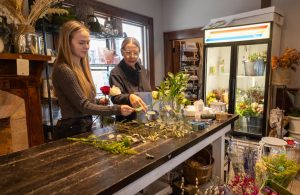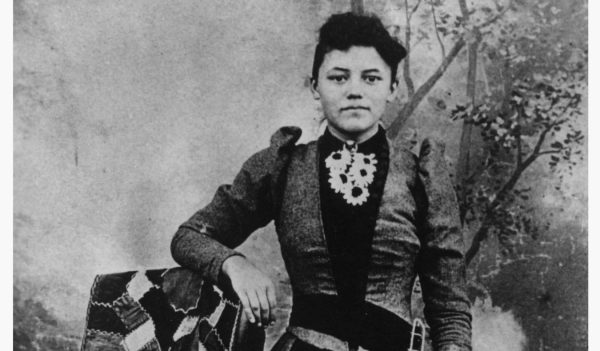“Let’s Talk” breaks down barriers to counseling
February 3, 2020
The Counseling Center has kicked off the new year with the introduction of “Let’s Talk,” a drop-in consultation program with a mental health professional in an informal, confidential environment.
“We recognize that there are students who may feel challenged to come to the Counseling Center or that it may be scary to talk to a counselor,” said Chris Hogan, director and chief psychologist of the Counseling Center. “The program was initially geared toward historically underrepresented students or people with minoritized identities. It creates a space to have a conversation with a counselor in a neutral space.”
Counselor consultants are available in the Student Union on Wednesdays in New River Room 100 and Thursdays in Elk Knob Room 16 from 1-3 p.m. to talk with students.
The Counseling & Psychological Services Center at App State adopted the service from the Counseling and Psychological Services at Cornell University, who pioneered and modeled “Let’s Talk.”
“Our purpose in adopting the ‘Let’s Talk’ service is to support outreach to students who may experience barriers to attending services at the Counseling Center due to stigma, fear, doubt or disinterest,” said post-masters resident Blake Crooks, who works in the Counseling Center. “Additionally, ‘Let’s Talk’ allows students to meet with a counselor in an informal way to normalize this process, gain information regarding resources or skills or simply consult with a mental health professional.”
Attendees of the program might not be interested in ongoing counseling, but could like the perspective of a counselor. Some have never talked with a counselor and may want the experience or have a specific concern they would like to talk about for a few minutes.
“I’m from a pretty rural area myself,” said Makenna DeVere, a senior criminal justice major from Polk County. “That means that it‘s never been easy to access counselors aside from those in high school. Even then, high school counselors tended to assist students more with educational guidance. I think this service will show students that they are never really alone.”
“Lets Talk” is also open to those who are concerned about a friend, family or loved one who would like ideas on how to help. They also might drop in just to better understand the counseling process itself.
“We think of students with minoritized identities, or first-generation college students or people from rural areas who may not have ever talked to a counselor and they may not be sure if they would want to,” Hogan said. “It is an easy way to talk to a counselor, get information and get used to the environment.”
The service itself is free, confidential and offered on a first-come, first-served basis.
However, according to Crooks, the service is not a substitute for counseling and is not appropriate for mental health emergencies given the brief, informal nature of the consultations.
“Confidentiality remains the same as it would with traditional counseling,” Crooks said. “What you share with us is confidential; however, there are several instances in which we are legally and ethically required to share information with others.”
These instances include an indication of an immediate risk of someone harming themselves or ending their life or seriously harming someone else’s life; information about the abuse or neglect of minors, elders, or those who are dependent on someone’s care; or if they are court-ordered to release information.
Information shared is maintained by the Counseling Center and is not included within educational records.
“We want to create a space, an outlet to talk. It is a way to help make some of our counselors more accessible for students who may want to take advantage of that,” Hogan said. “We hope that there is a preventative function to this. If people are able to address a concern, which may be just a small concern at the moment, but if they address it quickly, it could prevent it from snowballing into something bigger.”













